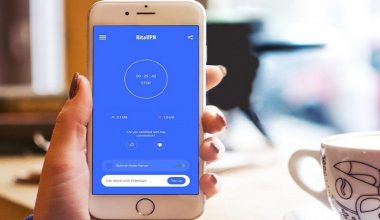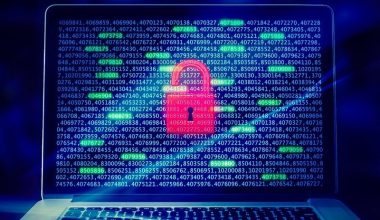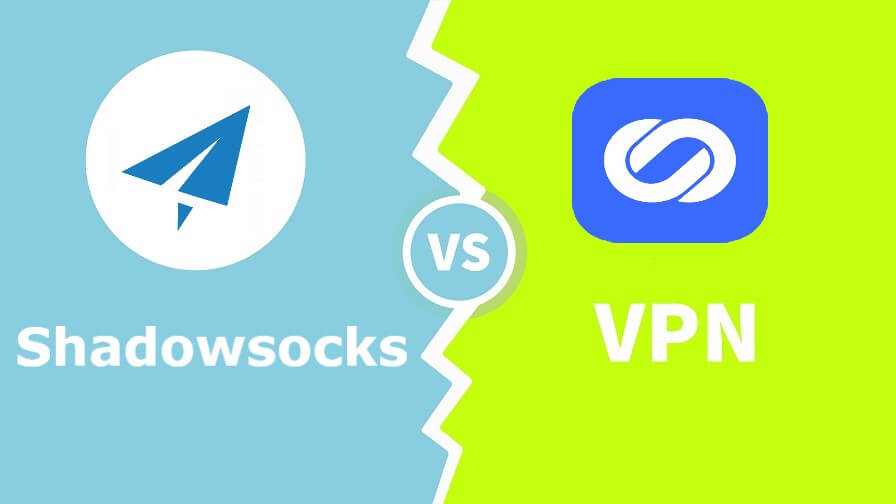Have you ever considered yourself as an internet privacy expert? Do you have surety to be an anonymous user while going online on any application? RITAVPN offering the internet security and privacy tips that an internet user should follow by heart. Check yourself against this list and see where you stand! The first step to secure your system and protect your family from hacking attempt is to analyze what type of malware/virus can harm your computer.
1.Use a VPN
The connection to a VPN will provide a safer and secure encrypted channel to forward your device traffic. Furthermore, VPN also helps you to get back your blocked contents in specific countries and during shopping will save your money. Third parties that could reach your real IP addresses will stay away after connecting to VPN because it would only allow your connected network IP address to them. Everyone thoughts, for all types of internet usage, public or not VPN service might be using standard method.
2. Install Virus Prevention and Detection Software
For the protection and privacy of computer and private information, the next significant step is to install reliable security software and antivirus software in your system. This software will protect your internet security and provide virus-free system by scanning your computer.
3. Avoid using the default password
The hackers can easily access your wireless devise pin code by accessing the default password of wireless router of person who made it. To protect the password, it is necessary to change the password that is given by the administrator of Wi-Fi device. Additionally, try to use complicated letters and series of numbers to change your password instead of choosing easy password.
4. Don’t let your wireless device announce its presence
For the prevention of your device security do not announce your wireless device’s SSID to world. Propagation of SSID (Service Set Identifier) should be Switch off.
5. Change your device’s SSID name
The default SSID name of your device should be changed and select complicated letters and numbers for new password that could not easily be accessed or guessed.
6. Encrypt your data
Allow the permission to encryption in the setting of your connection settings. If your device supports WPA encryption, use that, if it is not supporting the use of alternative WEP encryption.
7. Keep up to date antivirus software and Internet attacks
Different types of malware hackers use to steal the personal information of users through attacks. So, for the protection of your device use up to date automatic update software. To provide fix privacy solutions to your device daily run anti-virus software on your computer.
8. Stay private on Wi-Fi networks
Use RitaVPN for the protection of your data from interfering eyes as being encrypted by VPN. It is only possible when you will not upload your personal data, sensitive information like credit card number and passwords of your account.
9. Don’t interact with suspicious emails
Attackers often send you phishing emails with unprotected links. By clicking on these links, you are vulnerable to malicious attacks and unprotecting personal information. You should first delete and do not respond to those suspicious emails.






